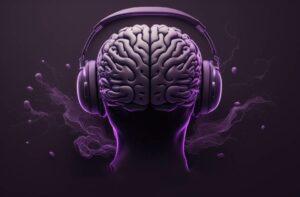In physiology, "stimulus refers to any factor that triggers a response or reaction in an organism. Stimuli can be internal or external and can vary in intensity and duration.
Internal stimuli are generated within the body and can include things like changes in hormone levels, hunger, or pain. External stimuli come from the environment and can include things like light, sound, touch, or temperature.
A sensory receptor must pick up a stimulus in order for it to send a signal to the brain or nervous system, which will then cause a response. The type and strength of the response will depend on the nature of the stimulus and the specific sensory receptor that is activated.
Stimuli can be used in a variety of ways in research and therapy. In psychology, stimuli are often used in experiments to study cognitive or behavioural responses. In medicine, stimuli are sometimes used as a treatment for certain conditions, such as the use of electrical or magnetic stimuli for pain relief or depression.
Understanding how organisms respond to different types of stimuli is important for understanding how they interact with their environment and how they adapt to changes in that environment. It can also have practical applications in fields like medicine, where the use of stimuli can help treat or manage a range of conditions.
Stimulus
Related Semantic Entities for Stimulus





